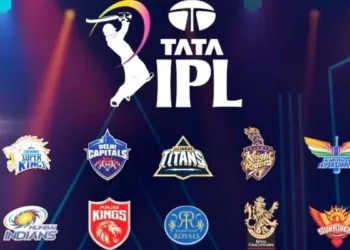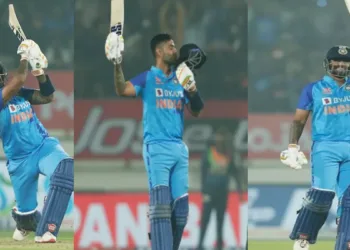PM Modi and UK PM Starmer signed a landmark free trade agreement at Chequers, expected to boost bilateral trade by $34.4 billion annually and add $6.5 billion yearly to the UK economy.

Table of Contents
India-UK Trade Deal: Historic Milestone Achieved
British Prime Minister Keir Starmer hailed the agreement on Thursday as a “landmark moment” for both countries. Starmer hosted Indian Prime Minister Narendra Modi at his Chequers country estate, northwest of London, where the UK and Indian trade ministers, Jonathan Reynolds and Piyush Goyal, formally signed the agreement.

The deal represents India’s biggest strategic partnership with an advanced economy and could provide a template for future EU negotiations.
Trade Benefits Breakdown
| Benefit Category | India | United Kingdom |
|---|---|---|
| Export Duty | 99% products duty-free | Average tariff: 15% to 3% |
| Whisky/Gin Tariffs | Not applicable | 150% to 75% (then 40% by Year 10) |
| Auto Tariffs | Benefits from quota | 100%+ to 10% reduction |
| Economic Boost | Major market access | £4.8 billion annual addition |
| Job Impact | Enhanced opportunities | 600,000+ jobs supported |
Key Tariff Reductions
The UK government said the deal will reduce India’s average tariff on British goods from 15 percent to 3 percent. Import taxes on whisky and gin will be halved from 150 percent to 75 percent before falling to 40 percent by year 10 of the deal.
This massive reduction makes British premium spirits significantly more accessible to Indian consumers while maintaining reasonable protection periods.
Strategic Partnership Expansion

Beyond trade, the countries announced almost £6 billion in additional investment deals covering AI, aerospace, and dairy products. They pledged closer cooperation in defense, migration, climate, and health sectors.
Modi, standing alongside Starmer during a media appearance, described the deal as a “blueprint for our shared prosperity”.
Brexit’s Biggest Success
Starmer also said the deal was “the biggest and most economically significant trade deal” the UK has made since leaving the European Union in 2020, positioning it as a major post-Brexit achievement despite ongoing EU-related trade challenges.
Implementation Timeline
The agreement requires UK Parliament ratification before taking effect. Starmer and Modi announced in May that they had struck a free trade agreement after three years of stop-start negotiations, with both sides hastening efforts to clinch a deal in the shadow of tariff turmoil unleashed by United States President Donald Trump.
For more trade policy updates, check our India economy coverage and international trade news.
FAQs
When will the India-UK trade deal take effect?
The deal requires UK Parliament ratification before implementation begins.
What’s the expected economic impact of this trade agreement?
The deal could boost bilateral trade by $34.4 billion and add $6.5 billion annually to UK economy.








